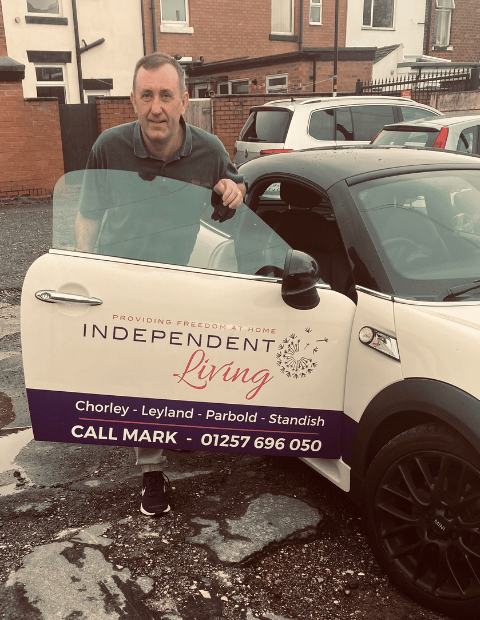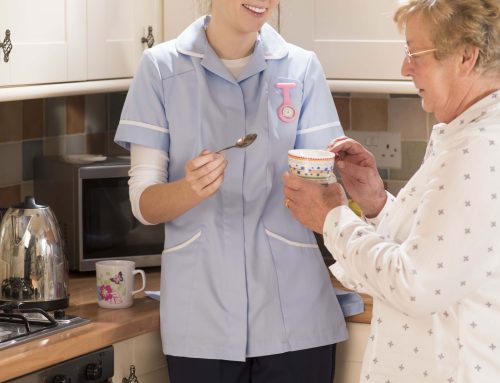A key issue with services like home care is that people see it as a “distress purchase” rather than as being “preventative”; we are often called in to help when there has been a “crisis”. In many cases this is a fall, an illness, deterioration in health, a return from hospital or perhaps a GP or Social Services have advised home care.
In our experience people are reluctant to take home care for a variety of reasons: the person may be too proud to admit they are struggling, they may just expect family to help without considering the impact on a son or daughter’s personal life, they may worry about the cost or perhaps it is difficult to accept “it’s come to this”.
At Independent Living we believe that home care should be seen in a more positive light. When visits are put in place older people often look forward to care visits and they enjoy the social interaction.

The Benefits Of Care At Home

Care visits give loved ones’ peace of mind that someone is keeping an eye on mum or dad whilst they are working, socialising, looking after grandchildren or on holiday. A carer can talk to a person when a relative cannot be there and help to relieve some of the daily responsibility.
A carer visiting regularly may identify a health concern which might not have been detected for weeks without care visits. Older people often fall ill due to basic issues, the most common is probably dehydration and having a carer visit encourages loved ones to drink regularly. Carers can also encourage people to eat, prompt medication from blister packs and help with showers.
People may worry about care costs and “what people will think” of a carer coming to the house. Generally, a small to medium home care package is usually far cheaper than going into a care home, at the time of writing (2024) it is becoming normal for weekly care home fees to be breaking £1100 a week and some exclusive homes are now charging £1500. In terms of perceptions of care today it is becoming commonplace in most communities few people pass much comment.
Our advice to anyone considering home care is to try to get an established pattern in place when you first feel a loved one needs support. If you wait until a “crisis” you might be under pressure to find care more quickly and a loved one may need more care because their health has deteriorated quickly.










Leave A Comment